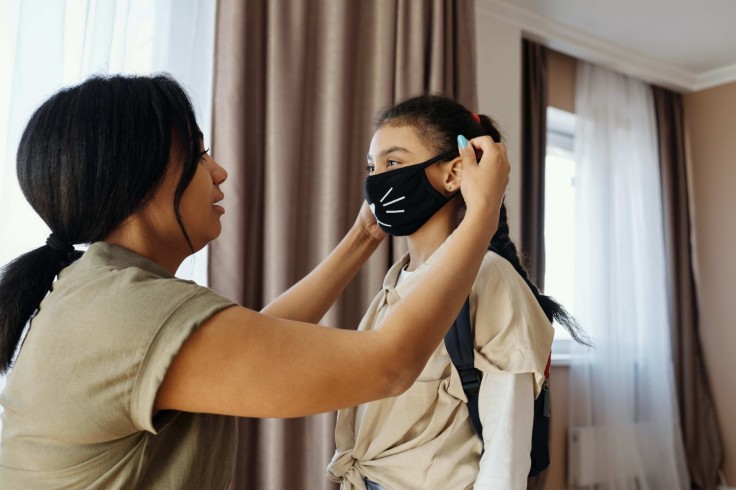
The new COVID-19 variant has a lot of information coming out, scientists and public authorities search for it every day, and the threats the variant may bring to your family.
However, new knowledge for the new COVID-19 variant can also impose further questions, and feeling confused about too much information is possible. To help you keep your family safe, check below the latest updates on COVID-19 and your kids.
As we often hearth new COVID-19 variant on the news, what does it mean? What's there with a new variant or strain of covid-19?
A strain or mutation is when a virus has evolved inside the human body in order to remain "alive." Conversions don't often drastically alter symptoms, and despite month-long efforts to control the initial strain, the new variant could spread throughout the community at a much faster rate.
It has also been found that the variants do not result in a different disease, and as far as we know, the original strain of COVID-19 does not affect children as severely as adults. But don't get too comfortable just yet, and keep in mind that your children may still catch the new COVID-19 variant, as we are yet to understand why one child may become infected with the new variant and not another child.
Make sure your kids follow COVID-19 protocols
In the research conducted by Public Health England, the study shows that children, though less likely to spread, still can spread the new COVID-19 variant 50 percent faster than the current version. For those under ten years old, the variant is about half as infectious in adults.
Therefore it is vital to keep your kids following protocols protecting them from being infected;
- Please provide them with a mask all the time, especially when going outside your home.
- Remind them to maintain social distancing at least 6 feet away from another person, especially when outside with another household member. Importantly have them avoid the crowd in the meantime.
- Lastly, remind them to wash their hands often for 20 seconds and have them carry and use hand sanitizers all the time.
Parents should always be keen on protecting their kids and make sure to have them tested if signs of symptoms begin to show or, more importantly, if they have come in contact with a known carrier.
"It's so important for governments to ensure that all of our safety and our surveillance measures are robust," says Nisha Thampi, a medical director at CHEO. "But public health units can only follow up on the people who come for testing. If parents choose to keep kids at home for two weeks instead of getting them tested, we can't identify the chain of transmission and break it." she continues.
But we also have good news for parents out there! Research says that there is no indication that the new COVID-19 variant causes more severe diseases or raises death risk, according to the Centers for Disease Control and Prevention ( CDCP). Scientists are now working hard on this new variant.
In their preliminary research, the scientist shows that approved COVID-19 vaccines will protect against new variants. However, you should still follow all the prescribed safety measures to protect your family from COVID-19 and its variants.